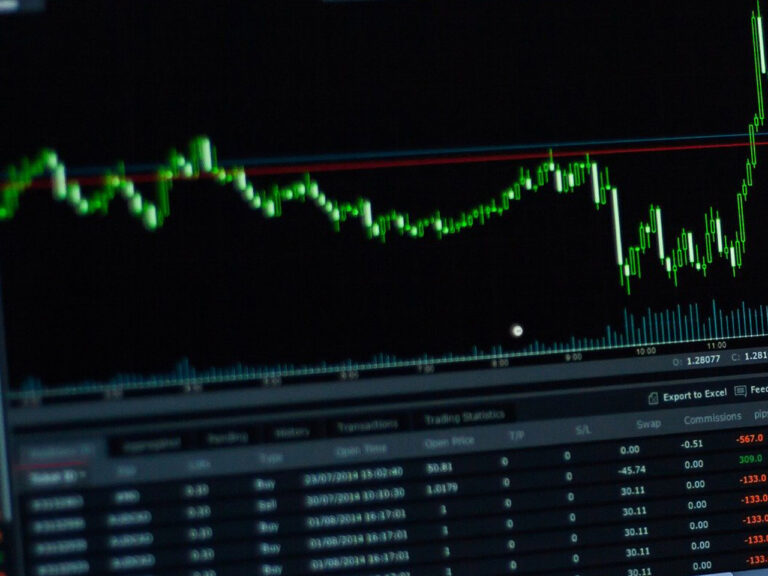RTX Corporation (RTX), a prominent player in the aerospace and defense sector, continues to capture investor attention with its robust market position and growth potential. Headquartered in Arlington, Virginia, and with a market capitalization of $173.95 billion, RTX is a key contributor to the industrial landscape in the United States, serving both commercial and military markets globally.
The company operates through three main segments: Collins Aerospace, Pratt & Whitney, and Raytheon. These divisions provide a wide array of products and services, from aerospace systems and engines to advanced defense solutions. This diversification underpins RTX’s resilience and ability to navigate the complexities of the defense and aerospace industries.
Currently trading at $130.21, RTX has shown a modest price increase of 0.02% recently. The stock has experienced a 52-week range between $99.55 and $135.66, reflecting its volatility and potential for upward movement. With an average analyst target price of $137.93, RTX offers a potential upside of 5.93%, suggesting room for growth as the company continues to leverage its strategic assets and market opportunities.
In terms of valuation, RTX’s forward P/E ratio stands at 19.50. However, other valuation metrics such as PEG ratio, price/book, and EV/EBITDA are currently unavailable, making it crucial for investors to focus on forward-looking growth prospects and strategic execution.
RTX’s financial performance is marked by a revenue growth rate of 5.20%, complemented by a return on equity of 7.80%. The company has generated impressive free cash flow of approximately $5.73 billion, providing a solid foundation for future investments and shareholder returns. With an EPS of 3.41, RTX demonstrates its capacity for profitability despite the challenging macroeconomic environment.
Dividend-seeking investors might find RTX appealing, as it offers a dividend yield of 1.94% with a payout ratio of 73.90%. This indicates a commitment to returning capital to shareholders while maintaining adequate reserves for growth initiatives.
Analyst sentiment towards RTX is predominantly positive, with 15 buy ratings and 9 hold ratings. Notably, there are no sell ratings, underscoring confidence in the company’s strategic direction and market positioning. The target price range of $114.00 to $160.00 reflects varying perspectives on RTX’s potential, yet the consensus leans towards optimism.
From a technical standpoint, RTX’s 50-day moving average is $128.43, and its 200-day moving average is $122.10, suggesting a positive trend. The RSI (14) is at 70.88, indicating that the stock is nearing overbought territory, which could signal a potential price correction. Meanwhile, the MACD of -0.50 and a signal line of -1.15 suggest bearish momentum, warranting close monitoring by investors.
As RTX Corporation continues to innovate and expand its capabilities across its business segments, it remains a compelling investment opportunity within the aerospace and defense industry. Investors should weigh the potential upside against the current technical indicators and broader market conditions while considering RTX’s strategic initiatives and financial health.






































